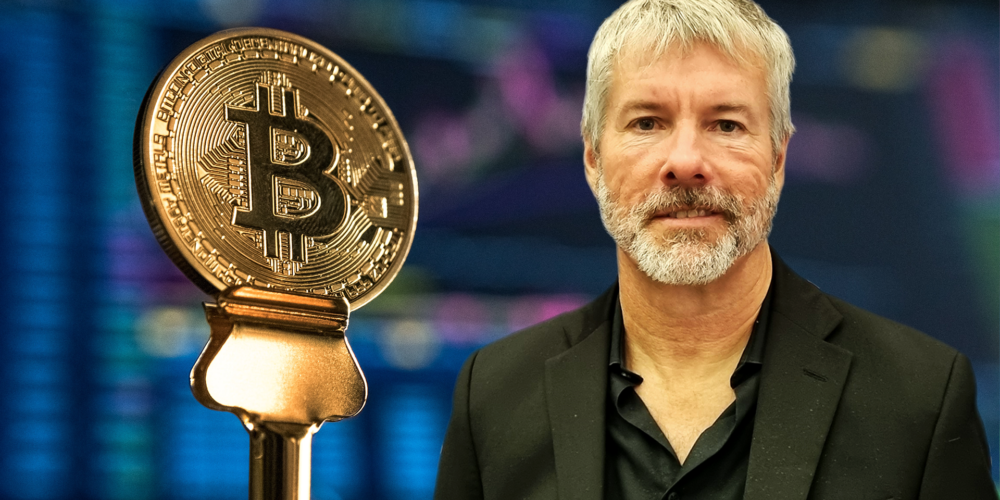Artificial Intelligence and Law: New Opportunities and Challenges.
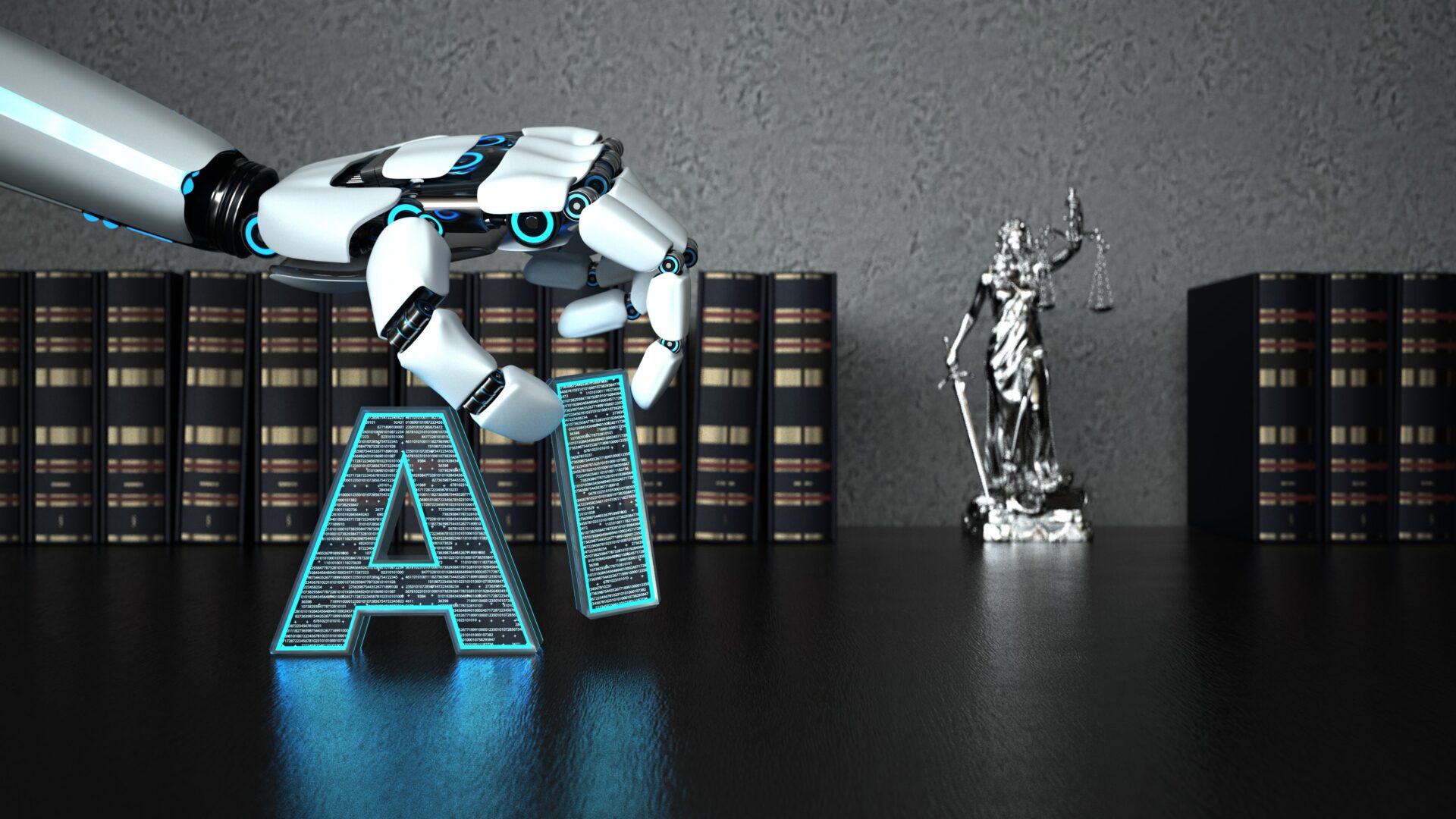
In a world where technology is evolving at a rapid pace, lawyers must keep up with progress to protect the rights of both creators and ordinary people. One such lawyer is Paula Skrzypecka, a specialist in technology law at Creativa Legal. In our interview today, Paula shares her knowledge and experience in the legal challenges related to artificial intelligence and AI-generated content.
She discusses a range of topics, from managing intellectual property to privacy and copyright issues. She also touches on subjects such as the practical use of AI in legal practice, the need for regulatory changes to address technological challenges, and the impact of new regulations on crypto assets and central bank digital currencies.
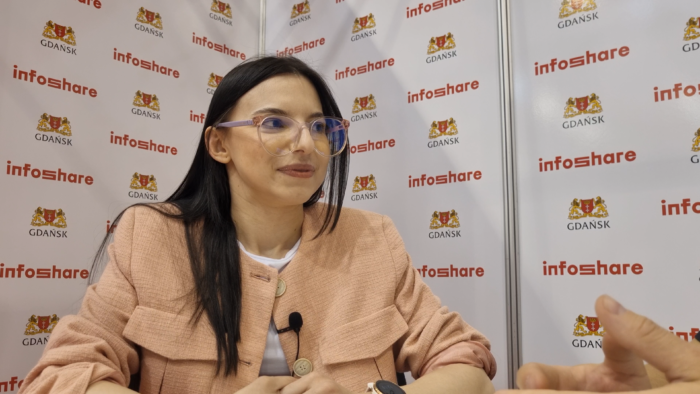
Enjoy reading the interview, which sheds light on the complex legal issues that arise with technological advancements:
Daniel Haczyk: At InfoShare, you talk about artificial intelligence. What are the legal challenges associated with artificial intelligence and AI-generated content?
Paula Skrzypecka: First and foremost, the challenge is managing intellectual property in the context of using artificial intelligence. This applies to both copyright issues and, for example, creating a logo and subsequently seeking exclusivity for its use. The second area is, of course, the protection of our privacy in the context of using AI in social rating systems or employee well-being assessments. The third issue involves criminal matters such as deepfakes, identity theft, or the use of AI for committing crimes.
Daniel Haczyk: Do publishers using AI-generated content, such as images, have to attribute an author?
Paula Skrzypecka: That’s a good question. From a legal perspective, what is generated by artificial intelligence is not covered by copyright because it is not considered a work. If you sign it with your name, there probably won’t be a problem, but you don’t have the means to effectively enforce responsibility from anyone who uses that image. From a legal standpoint, it’s not a work, it’s transparent, so it’s best to label such content as “AI-generated.” However, the risk is that the same image can be generated for someone else, which can lead to conflicts.
Daniel Haczyk: Indeed, it seems unlikely to generate two identical pieces of content…
Paula Skrzypecka: But it has already happened, at least in Poland.
Daniel Haczyk: I’ve heard about the first lawsuits regarding specific authors’ content being used to train AI algorithms.
Paula Skrzypecka: Yes, for training purposes, and AI also tends to copy styles. Although the style or concept of a work is not subject to copyright, artists try to make claims, especially in the context of dynamic technological changes. The line between being inspired by a style and copying it is ambiguous, and modifying or adapting a work requires the consent of the original copyright owner.
Daniel Haczyk: What does the use of artificial intelligence look like in your profession? Do you use it in your law firm? Can ChatGPT already handle contracts?
Paula Skrzypecka: We don’t use AI for document writing. However, we do use tools that automate repetitive tasks, such as internal communications or regular reminders. We use AI for creating educational content and materials for social media. We have never used AI in its full version, but I think it’s a fantastic tool and a source of inspiration.
Daniel Haczyk: Can artificial intelligence help understand artists?
Paula Skrzypecka: Artificial intelligence represents both an opportunity and a challenge for artists. Artists don’t have full control over whether their work will be used. Therefore, it is necessary to create an environment that brings together artists and lawyers who protect their interests. Together, they will have to find effective legal tools to address this challenge, as the consequences can be unpredictable otherwise.
Daniel Haczyk: In a situation where I generate an image on midjourney, upload it to a stock website, and start making money from it, is that legal? Shouldn’t copyright belong to the people who created that AI?
Paula Skrzypecka: You can make money, but only if the buyer is informed that what you’re selling is not a work in the legal sense. Someone else can use it freely, and you have no effective defense against it. This can lead to legal issues if someone who was unaware of this buys the work and later claims arise.
Daniel Haczyk: I wanted to address the ethical aspect. Are the current regulations sufficient, or should the law be refined to better fit artificial intelligence?
Paula Skrzypecka: They definitely need refinement. Many of the current regulations are not keeping up with the challenges posed by artificial intelligence. An example is copyright law, which is not coping with new phenomena such as NFTs or virtual assets. Change is definitely needed, not only in copyright law but also in defining the legal framework for the use of artificial intelligence.
Daniel Haczyk: Can you comment on the new regulations being developed in the European Union, such as Mika?
Paula Skrzypecka: I expected this form of regulation considering the context. Mika is based on a simple assumption: if there are crypto assets that can serve the same functions as financial instruments, their trading should be subject to the same regulations.
Daniel Haczyk: How do you assess the situation in the USA, where there are voices suggesting that all cryptocurrencies except Bitcoin should be treated as securities?
Paula Skrzypecka: The situation regarding cryptocurrencies in the context of US law is constantly problematic. Properly classifying these assets or treating them as securities is an issue that has been recurring for years. However, the problem remains unresolved. It seems that the only possible solution currently is to individually assess each asset, taking into account the specific operating principles of a given cryptocurrency. When verifying if it meets certain criteria, we need to approach it analytically. There is no global solution, especially considering the diversity of crypto assets that combine different characteristics. In the end, someone has to assess which characteristic prevails, determining whether a license is required or not.
Daniel Haczyk: Many central banks are working on their own cryptocurrencies, and the first implementations are expected soon. I’m referring to central bank digital currencies, which, combined with artificial intelligence, can provide comprehensive solutions. Recently, the President of the European Central Bank suggested that such cryptocurrencies, like digital euro, could imply significantly greater surveillance. Further integration with AI technology could lead to the elimination of tax abuses.
Paula Skrzypecka: Indeed, it is a powerful tool that can be used for control purposes. For example, in the case of certain boundaries that authorities cannot exceed without court approval. However, we must be aware that such tools represent both an opportunity and a risk. New technologies can tempt governments to increase control and introduce potentially inhumane solutions. When we talk about traditional surveillance, which leaves a trace in the form of a signed letter with the prosecutor’s or court’s consent, there is a possibility of being held accountable for exceeding powers. In the case of artificial intelligence, for the average person, proving abuses is nearly impossible. Without special access to information, we can only speculate about what is happening.



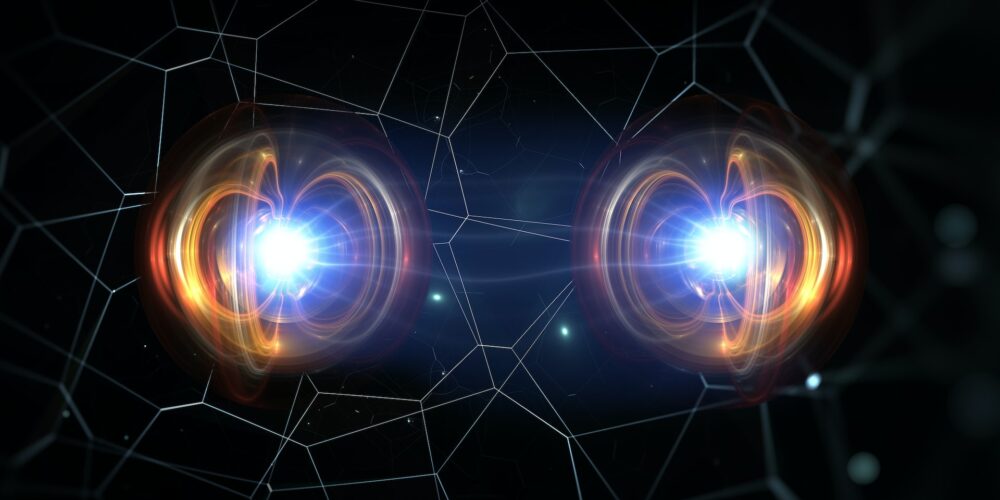
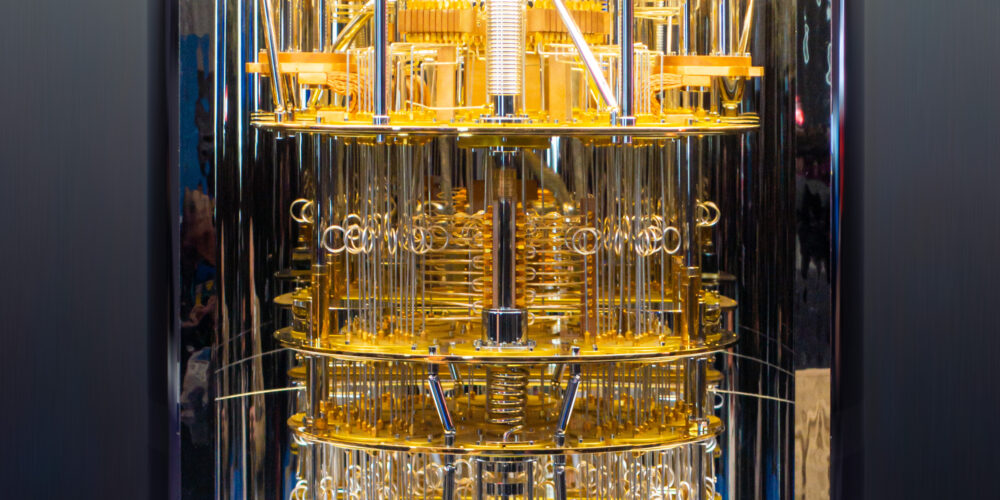
![How Bitcoin Becomes a Lifeline for Victims of Repression and Financial Exclusion – Explains Lyudmyla Kozlovska [INTERVIEW]](https://cyfrowaekonomia.pl/wp-content/uploads/2023/10/Ludmila-Kozlowska-1000x500.jpg)
